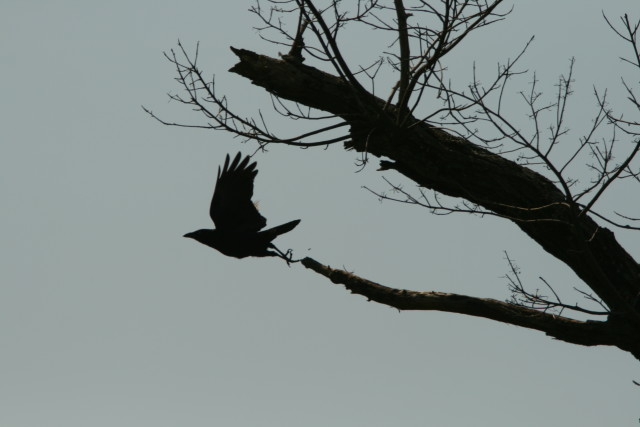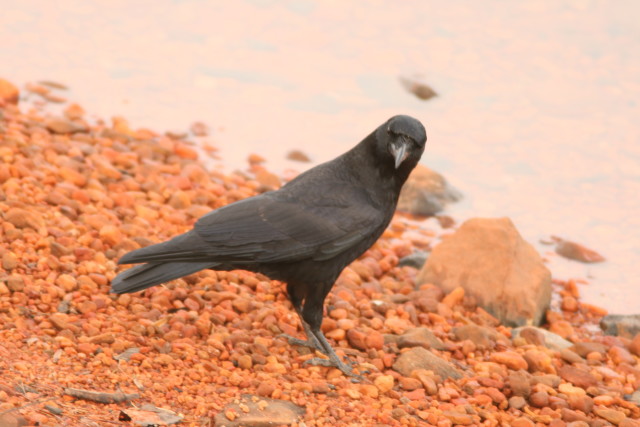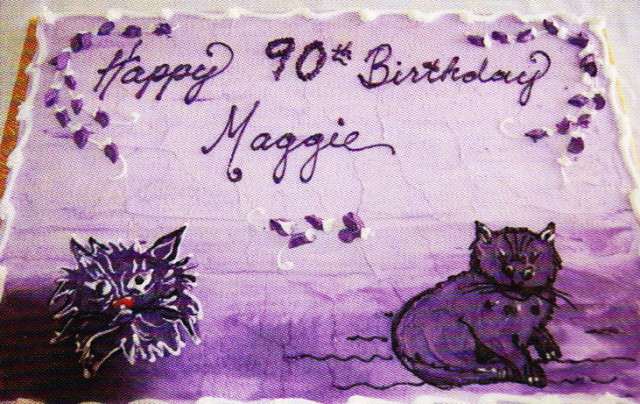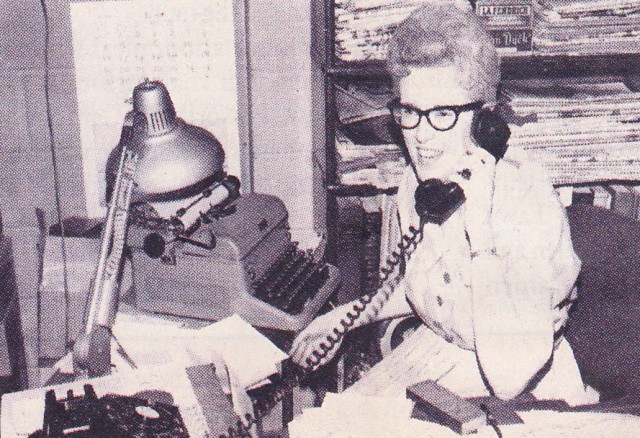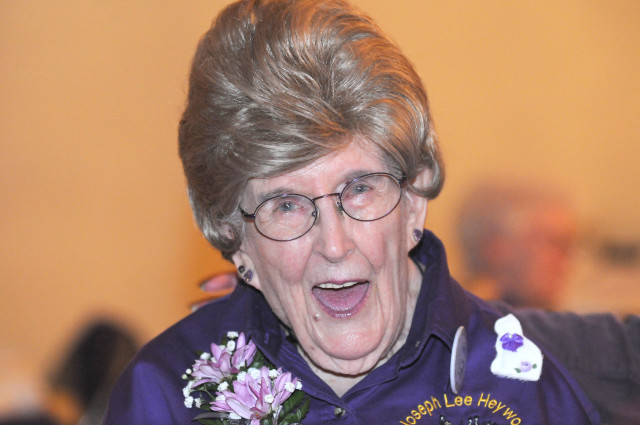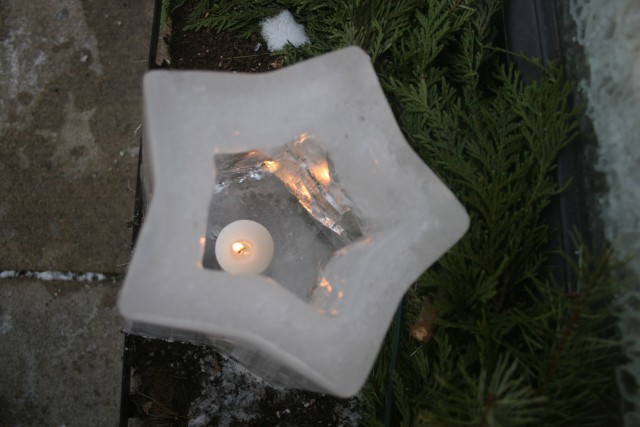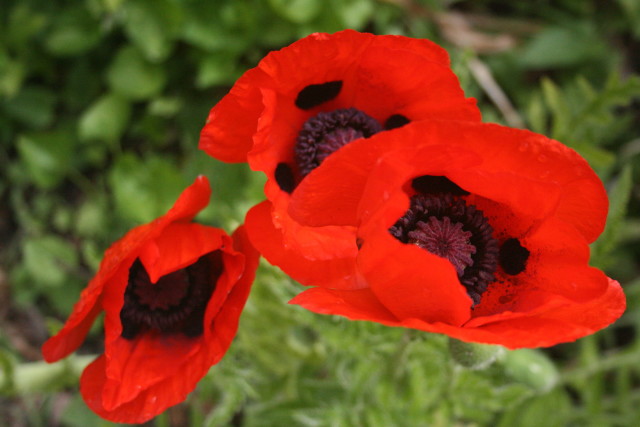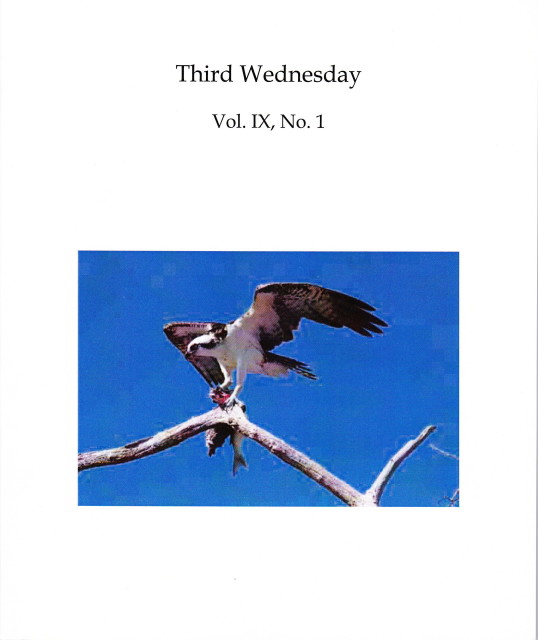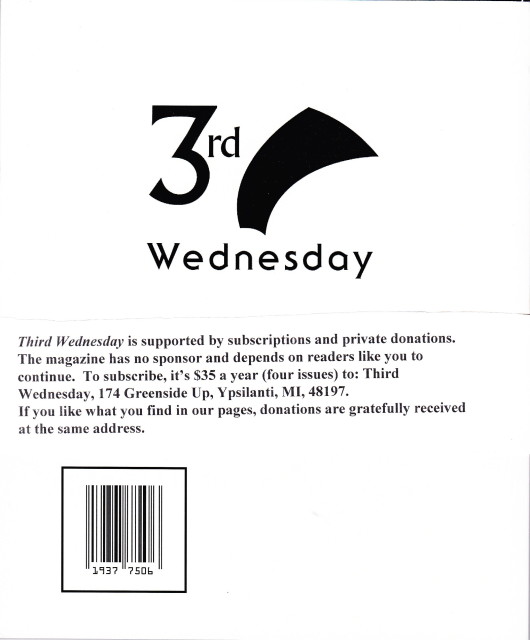Sudden Departure
(for Ana Ortiz de Montellano)
Yesterday, when I heard, the sky
over our shared fields was grey,
the trees bare or flaming or flying burnt-out banners,
acquiescing to this season of early frosts.
I carry two sharp memories of you —
moving silently through the ripening crops,
placing each foot carefully, gazing down,
wrapped in a cloak of solitude; and
as a whirling blur of motion,
twin swords flashing,
painting the fierce Mother Form before us,
a precision of will and surrender, limb and breath.
Three memories, each keen. The last, in spring,
in sunshine, rocking on my porch, speaking your love
of words, your hand gentle on my daughter’s head,
your smile warm and sweet. Three pictures,
far too few.
I mourn with one lit candle this grey dawn.
You are not forgotten, though too soon gone.
Leslie Schultz
Ana Ortiz de Montellano was a poet, a student and teacher of Tai Chi, a community activist, a member of the Carleton College faculty and teacher of Spanish, a mother, a wife, and much more. She lived on my street and belonged to the same community-supported farm. I was only just beginning to know her when I heard she had died unexpectedly. Yet, she made a deep impression on me, and I think of her often, especially when I see the highly intelligent and glossy crows and ravens that frequent our garden.
I think often of how, in Norse mythology, the fierce king of the gods, Odin–who sacrificed half of his vision to create the runic alphabet–was aided by two ravens: Thought and Memory. These traveled the world each day, returning each night to roost on Odin’s shoulders and whisper to him of all they had seen and heard. For me, these brilliant social birds, who are also fierce and powerful–ravens and their smaller corvid cousins, the crows and rooks–are totems of poets. (I think not only of the Prose and Poetic Eddas but also of many modern poems, including Edgar Allen Poe’s “The Raven”, Sylvia Plath’s “Black Rook in Rainy Weather”, Ted Hughes’ Crow, Sally Nacker’s “Poet and Rook”, Mary Oliver’s “Crows”, and a dozen others.)
Some people find these ebony-dark birds ominous. I never have. Instead, I find them inspiring me to seize the day in front of me; to speak with my own voice as authentically as I can; to make room for moments of whirling energy and moments of intense stillness–as Ana did.
Leslie
(My deep thanks to my sister, Karla Schultz, for providing such spectacular images of birds and fields.)


